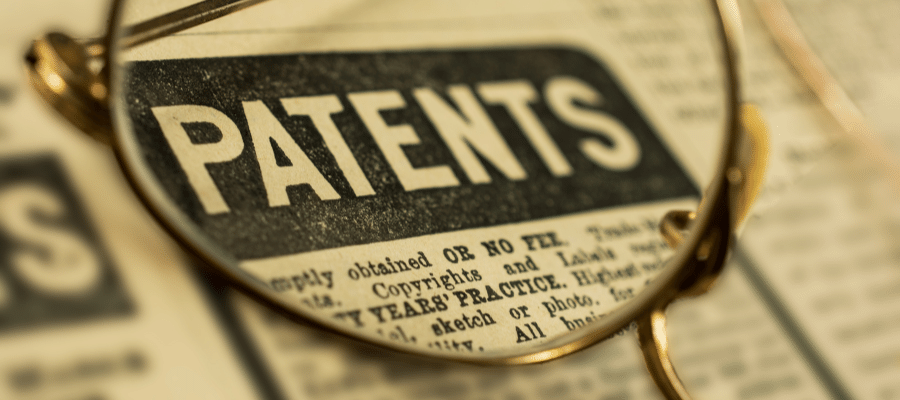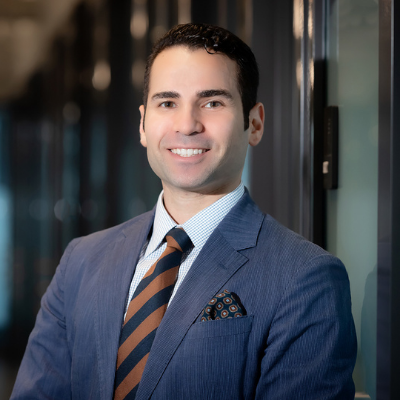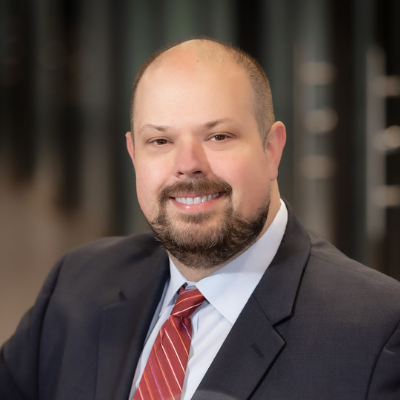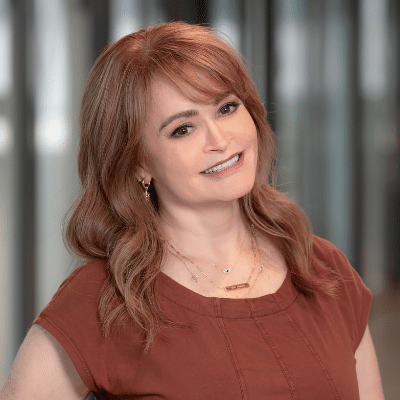FTEEP: Tailored for First-Time Inventors in the
U.S. Non-Provisional Utility Patent Space
The U.S. Patent and Trademark Office (USPTO) launched a new initiative, the First-Time Filer Expedited Examination Pilot Program (FTEEP), to make the patent system more accessible for inventors new to the patent application process.
Navigating the patent system for the first time? Schedule a Consultation with one of our experienced patent attorneys to guide you through the FTEEP.

Table of Contents
- Expedited Examination: A Catalyst for Innovation
- Fee Structure: No Additional Petition Fee Required
- FTEEP Timeframe and Limitations
- Who Can Apply to the FTEEP?
- Accessibility and Inclusion
- Alternative Qualifications: Petitions to Make Special
Expedited Examination: A Catalyst for Innovation
In the traditional patent application process, inventors often face a lengthy waiting period before receiving the first Office action. This is a formal communication from the USPTO that outlines the examiner’s findings on the patent application, which may include rejections or restrictions. This waiting period can be a significant barrier, particularly for inventors who are eager to move forward with their innovations.
The FTEEP addresses this challenge. It expedites the issuance of the first Office action. By accelerating this critical step, the program effectively lowers time-based barriers. This enables inventors to proceed more quickly through the patenting process. This is especially beneficial for those who might otherwise be deterred from participating in the patent system due to time constraints.
The expedited examination not only speeds up the administrative process but also allows inventors to make informed decisions about their innovations sooner. Whether it’s proceeding to the next phase of development, seeking investment, or entering the market, a quicker first Office action provides inventors with the opportunity to bring their innovations to impact more rapidly.

Fee Structure: No Additional Petition Fee Required
Applicants can apply for the FTEEP without any additional petition fee.
However, all other standard fees associated with filing a patent application remain applicable. These include the basic filing fee, search fee, and examination fee, as well as an application size fee if the application exceeds a certain length.
FTEEP Timeframe and Limitations
The FTEEP operates within a defined timeframe and has a limited capacity for special status grants. Specifically, the USPTO will accept petitions until March 11, 2024, or until 1,000 patent applications have been granted special status, whichever occurs first. This dual-condition termination policy underscores the program’s focus on both time-efficiency and maintaining a manageable volume of expedited applications.
As of October 17, 2023, 42 applications have been granted special status. (via USPTO)
Time is of the essence. Don’t miss the program’s deadline; consult with our patent attorneys to expedite your application process. Schedule a Consultation Today!
Who Can Apply to the FTEEP?
The FTEEP has specific eligibility requirements designed to encourage new entrants into the patent system. Specifically, the program is open to inventors who have never been named as an inventor on a U.S. non-provisional utility application. This eligibility criterion is significant for several reasons.
First, it ensures that the benefits of expedited examination are directed towards those who are relatively new to the complexities of the patent application process. Second, it opens doors for inventors who may have previously been deterred from filing a patent due to perceived barriers, such as time and complexity.
By focusing on this particular group, the program aims to diversify the pool of patent applicants and encourage innovation from a broader range of individuals. It provides an opportunity for first-time inventors to navigate the patent system with greater ease and confidence, thereby promoting a more inclusive and equitable innovation landscape.

Accessibility and Inclusion
The FTEEP goes beyond simply speeding up patent applications; it democratizes access to the U.S. patent system. This holds particular importance for inventors in historically underserved areas where resource access is limited.
The program is in alignment with Executive Order 13985, issued on January 20, 2021, which calls for advancing equity and support for underserved communities. By expediting the first Office action for these inventors, the program effectively lowers one of the many barriers they may face, thereby fostering a more inclusive environment for innovation.
Moreover, the program is part of a larger initiative by the USPTO and its Council for Inclusive Innovation (CI2) to create more equity and diversity in the field of innovation. It aims to level the playing field by providing the same opportunities to all inventors, regardless of their geographic or economic status, thereby enriching the national innovation ecosystem with a diverse range of ideas and perspectives.
Alternative Qualifications: Petitions to Make Special
The USPTO has procedures in place to advance or expedite the examination of certain patent applications. These procedures are generally referred to as “petitions to make special.” One category of applications that can be made special is based on the health or age of the applicant.
Here are some general considerations about these types of petitions:
- Age-Based Petition: The USPTO will expedite the examination of a patent application if the applicant is age 65 or older. The applicant must provide a statement that they are 65 years of age or older, and this statement can be in the form of an oath or declaration.
- Health-Based Petition: If the health of an applicant is such that they might not be able to assist in the prosecution of their application if it were to run its normal course, they may petition to make the application special. The applicant would need to provide a physician’s statement detailing the applicant’s health condition. The statement must indicate that the applicant’s health is such that they might not be available to assist in the prosecution of the application if it runs its normal course.
- No Fee: For petitions based on age or health, no fee is required.
- Requirements: Along with the above-mentioned specifics:The application must be complete, which means it must include a written description, at least one claim, and any necessary drawings.
- Other Categories: Apart from age and health, there are other reasons to petition to make special, including environmental quality, energy, recombinant DNA, superconductivity materials, HIV/AIDS and cancer, counterterrorism, and biotechnology applications filed by small entities, to name a few. Each of these categories has its own specific requirements.
Remember, if you or someone you know needs to file a petition to make special based on age or health (or for any other reason), it’s essential to consult with a registered patent attorney or agent to ensure the application and petition are correctly prepared and filed. The USPTO’s requirements are detailed and specific, so professional guidance can be invaluable.

Final Thoughts & Sources
The FTEEP is a commendable initiative by the USPTO to democratize access to the patent system. By expediting the first Office action and waiving the petition fee, the program aims to encourage more inventors to protect their innovations, thereby fostering a more diverse and inclusive innovation ecosystem.
Ready to take the next step in protecting your innovation? Our experienced patent attorneys are here to guide first-time inventors through every stage of the patent application process. Schedule a consultation to start the process to patent pending.
Sources & More Information:
- USPTO’s Semiconductor Technology Pilot Program - December 18, 2023
- First-Time Filer Expedited Examination Pilot Program (FTEEP) - October 17, 2023
- If You’re Making Your Own Board Game, How Do You Protect Your Idea? - October 10, 2023
Intellectual property LAW GROUP




Patent Agent



Firm Administrator


Administrative Assistant
